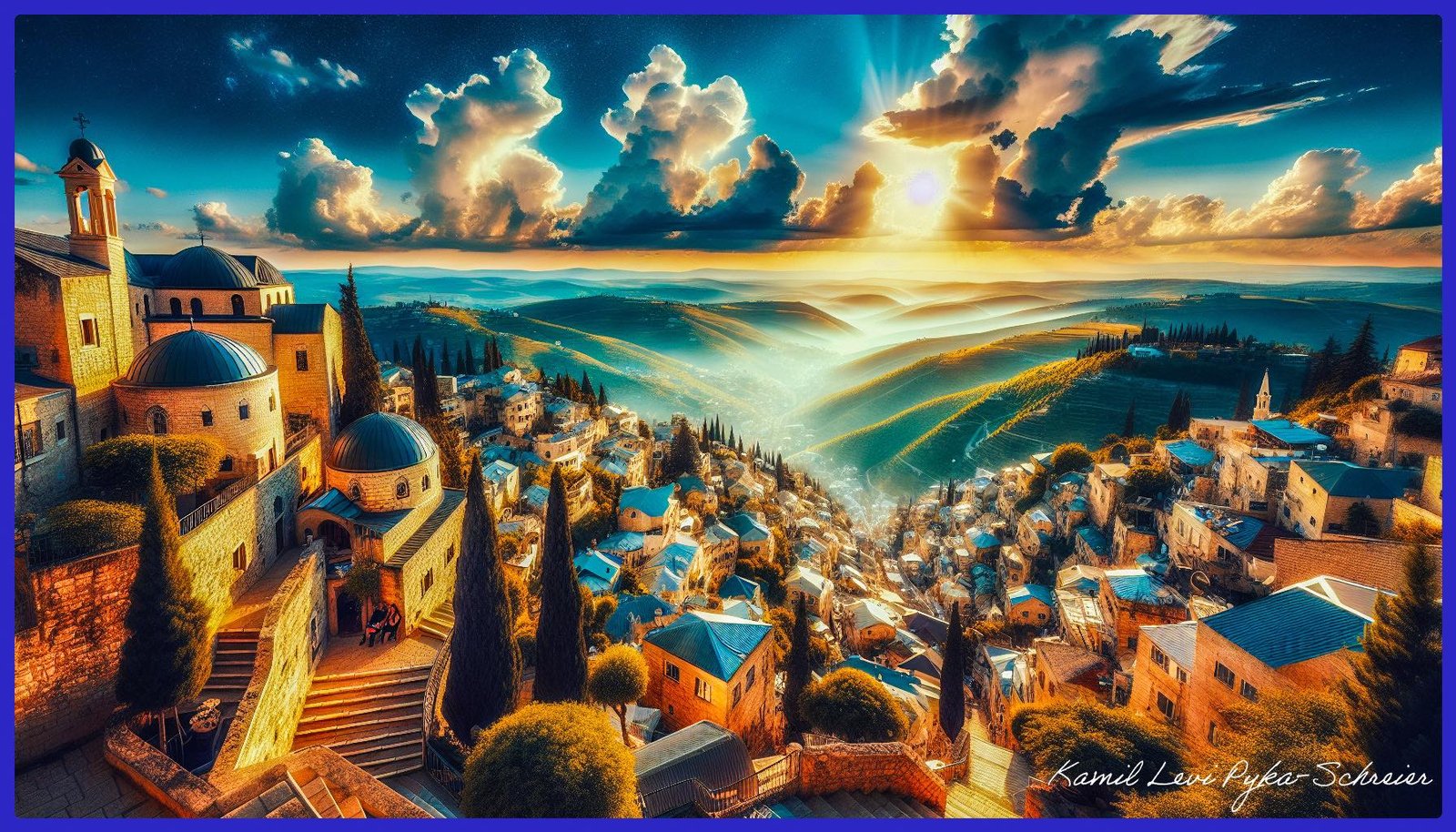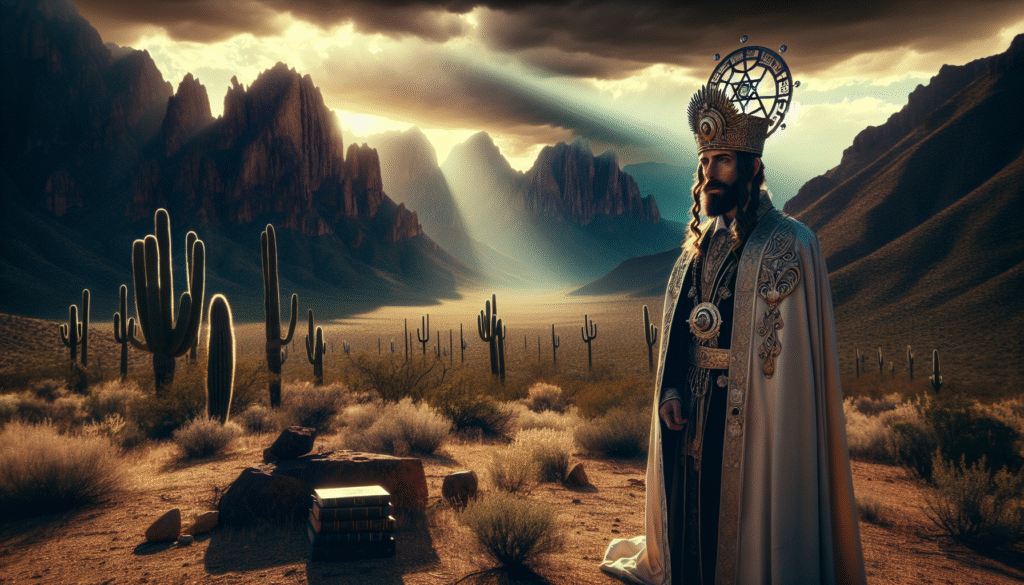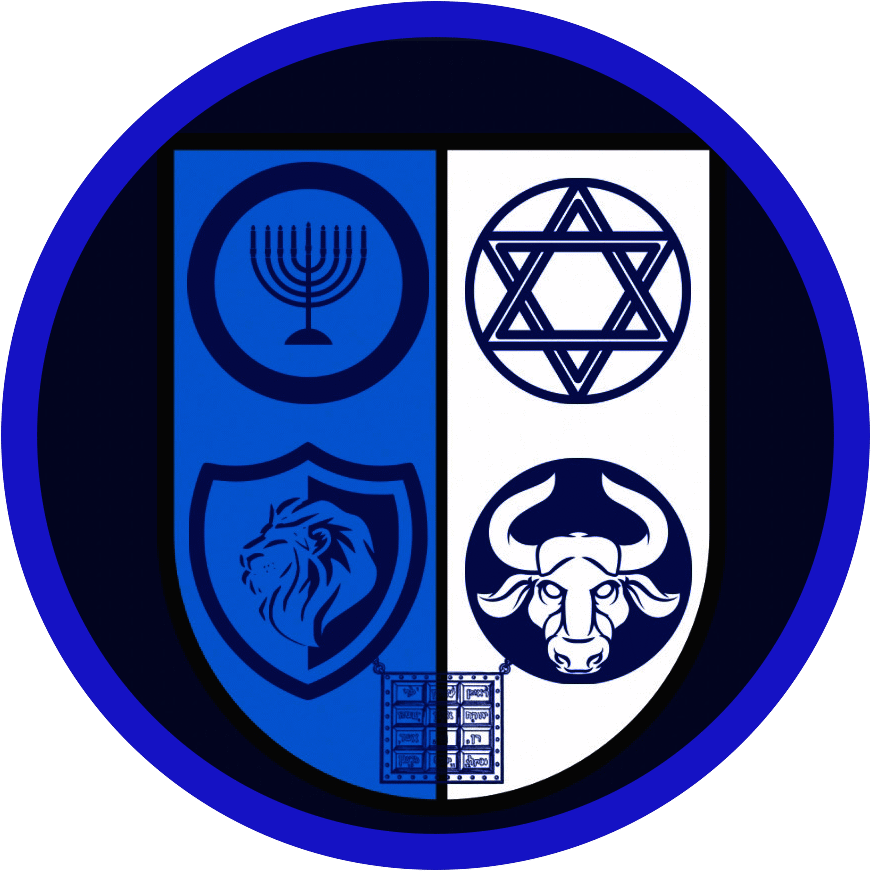
Parashat And Sidra Of Vaetchanan

Parashat Vaetchanan is the 45th weekly Torah portion in the annual Jewish cycle of Torah reading.
From the initial passages of Devarim, which contain the talks of Moshe and the religious orders, we will notice more detailed Vaetchananan and haftarah to Sidra Ree. In Sidra Vaetchanan there are a number of important passages, among them, Matan Tora – donation of the Torah on Mount Sinai (4:10-13), seret ha-dibrot – 10 commandments(5:6-21), Shema Israel (6:4-9), command of the Torah study, about keeping the commands of G-d. One of the most interesting verses found in this saddle is that the L-rd your G-d, as the one who tempted Him in Mase (6:16). Rashi says in his interpretation that the verse should warn the people not to test the L-rd as it happened when our ancestors came out of Egypt at a place called Masa. This story is found in the book Shemot (17:1-7). The Israelites went from the Sin desert and camped in Refidim where there was no water. The thirsty people complained about Moshe, and he turned to the L-rd, who commanded him to take his staff and struck with her before the eyes of all the people, to strike with her into the rock, to blow water out of it. “And it is said, “This place has named Masa and Meriba (i.e. temptation and dispute) according to the dispute of the Israelites, and because they have tried the LORD with doubt, Is there a L-rd among us or is there not?” (17,7) In Sidra Vaetchanan, the L-rd warns the people of Israel against testing him as they did in Masa. Also Ramban (Nachmanides) in comment on this verse states that there is no need for miracles from the L-rd, these will lose their price and their meaning. He who follows commandments that reminds us of the miracles that the L-rd has made us in Egypt and the desert and fulfills the laws – chukkim, even if he does not understand their meaning, will be rewarded and no need for the next generation to demand miracles. All they have to do is ask the old men and they will tell them about the miracles that have happened in the past. The theme of the reward for the performance of mitzvos is still alive and interesting lesson about it is brought to us by the Talmudic tractate Taanit: said Rabbi Johanan: what do you mean by the words of the Tenthi you will take away from all the crops of your seed which comes from your field every year (Devari 14:22). And Rabbi Johanan responds: aser – where to sweep asher, i.e. give the tenth to get rich, thanks to the execution of the tenth. And when Rabbi Johanan met the youngest son, Resh Lakish, and asked him, What did you learn today? The boy answered aser teaser (You will take the Tenenth). “Rabbi Johanan explained the importance of aser teaser and said to him, “”Go and try and test (G-d).” The boy said, “For it is written, You shall not tempt the L-rd your G-d. “Rabbi Johanan answered him, “So Rabbi Hosai said.” In addition, it is also said: Bring a full tenth to my warehouse. When the food is in my house, then try it with me (try me), says the L-rd of hosts. Do I not open the vents of heaven and pour out on you? And after the lack of (Malachi 3:10) the Talmud therefore admits to carrying out the mitzvah, hoping to receive a reward, in this particular case, another and more crops from which the tenths can be taken and deserved blessings. And also in the Shulchan Aruch is said: Almsna – tzedakah which man gives brings wealth. And so, although it is generally forbidden to test the L-rd, in this way it is allowed. Sidra Ree contains a warning of the people against idolatry in the Promised Land and the command of sacrifice only in Beit ha bikdash. When we read this sidra falls into a special period starting after the quiet be-av and ending before Rosh Hashanah. During this period there are seven Saturdays called the seva de-lechamata or the seva shabbatot went by the feet. The Haftarah, which is read during this period, are all taken from the book of the prophet Yeshayahu, bringing words of encouragement and hope in salvation after three weeks of hopelessness and despair of the preceding quisha be-av and called He received a new name for a month; the place and the v was called menache and v, so that the certainty, hope and optimism of the vision of the prophets of Israel be expressed. Haftarah to Sidra Ree is a passage from the prophet Yeshayahu 54:11 -55:5, in which the prophet calls to the people of Israel: The people of Israel are compared to a poor woman who lives a hard life and there is no one to give her comfort and give her hope. But in the future, the prophet says, she is shining hope and mercy, and her life will change (54:11-12). The woman is a symbol of the humble Jerusalem, but in the future, will again turn into a city whose foundations will be solid as sapphire, walls like ruby and gates like beryl. There is another interesting verse in the Haftarah: All your sons will be disciples of the LORD (54:13). “According to the simple interpretation, all the children of Israel will be educated in the future, they will walk in the ways of the L-rd and be profaned in the Torah.” Verse became the subject of discussion even in the times of the Talmud, as the following short passage in the Berachat tract, which we consider will end: Rabbi Elazar said, Talmide chacha-mim marbim shalom ba-olam – scholars will multiply peace in the world – for it is said: And all your sons will be disciples of the L-rd the abundance of the room will be to your sons (Yeshayahu 54:13). “Do not read the banahiri – your sons, but bonahiri – those who educate peace.” “So Rabbi Elazar, using a slight change, expressed the opinion that the more wise and educated people in the world, the more peace in the world is.”
Parashat Vaetchanan is the second to last parasha, V. Book of Moses – Sefer Devarim. This last book is known to be different from the first four. It is more personal, written in the first person. Moses speaks here for the first time as if for himself. It is also the book with the shortest plot. The Israelites are practically at the borders of the promised land, but Moses knows that he will not get there, because G-d has decided to deny him this joy. He is to die within sight of Eretz Yisrael, but not to set foot in it. Moses tries, he begs the L-rd for mercy, but G-d’s answer is surprisingly austere and strict: “rav lach” = “you have had enough!” “Don’t talk to me about this matter anymore!” (Devarim 3:26)
It is a cold shower for an old man who has prayed so many times for his stiff-necked people and did not think of himself. One day he wants something just for himself, and then you’ll laugh. Every person who feels the end is approaching takes stock a little. Each according to his nature. I have seen a lady who could cry her eyes out just because it got away and that she is now old, not so pretty, and on top of that she is probably going to die. Moses was a different fighter, he pleaded until his last moments: “I wish I could cross the Jordan and see the good land…” (Devarim 3:25). In any case, regret plays a role in both, regardless of one’s disposition. Time is short for everyone.
The Midrashes imagine the situation and approximate Moses’ struggle with G-d. They say that Moses thought that when he defeated the two kings, Sihon and Og, he would be freed from the prohibition to enter the Land. But G-d told him: “No, you must die in the desert.”
As if Moses didn’t have enough, he is told: “Go up to the top of that hill, raise your eyes to the west, north, south and east and look with your eyes, because you will not cross this Jordan.” (Devarim 3:27) And the midrash Cena urena adds: “You will not cross the Jordan, nor will your bones cross the Jordan.” “L-rd of the world,” said Moses, “why should I be so disadvantaged, compared to Joseph the Righteous?” whose bones will reach the promised land?’
And the L-rd said to him: “When you came to Yitra, you denied your land. His daughter said, “An Egyptian defended me from the shepherds.” You heard them call you an Egyptian and you kept silent, you did not say that you were a Hebrew. Therefore you do not deserve to enter Eretz Yisrael. But Joseph said in prison to the royal waiter, “I was carried away from the land of the Hebrews,” and he did not deny his name—the fact that he is a Hebrew and thus deserves to be buried in Eretz Israel.”
And the midrash continues: The Lord said to Moses: “Adam was older than you and brought death to the world – the decree that every person must die.” – Moses replied: “L-rd of the world, Adam sinned!”
G-d replied: “Abraham also had to die, even though he let himself be thrown into the fire for my sake.” – Moses said: “From Abraham came Ishmael, a wicked man!”
G-d said: “Isaac also had to die, even though he laid his neck on the altar to be a sacrifice for me.” – “But evil Esau came out of him!” said Moses.
G-d said: “Jacob had twelve children, all of them righteous, yet he had to die.” – “But Jacob did not ascend to the heavens like me,” answered Moses, “and he did not accept the Torah!”
“Punish me with bodily pain, but do not deliver me into the hands of the angel of death,” ( which is Satan) pleaded Moses. “Then I will proclaim your praise throughout the world, as the verse of the psalm says: “I will not die, I will live, I will tell about the deeds of the L-rd.” (Tehilim 118,17) – G-d told him: “This is the gate of the Lord, through it the righteous enter.” (Tehilim 118,20). Death is the gate through which every righteous person must pass…
The Midrash goes on to describe how Moses circumambulated heaven and earth, the sun and stars, the sea and the highest angel. He looked everywhere for an intercessor, nowhere did he succeed. Then he began to cry and G-d said to him: “I have made two vows. Either Israel, G-d forbid, be destroyed, or you die. If you want to live, Israel will be destroyed. You are afraid of the angel of death, but I will put him in your hand.” Of course, Moses retreated and came to terms with his death. That is a perfect description of a situation that we all experience somehow. And we are thinking about it today also thanks to the fact that several very respectable people who will be greatly missed here have passed away. But those real personalities will be remembered precisely for what they were, what shaped their wisdom and their actions.
And even Moses did not wallow in self-pity. As soon as he shaved, he exclaimed: “Now therefore, O Israel, hear the ordinances and the laws that I teach you to observe, that you may live…” (Devarim 4:1). That means: bringing the Torah to life. From this verse we learn that not only the study of the Torah itself is important, but especially the doing of good deeds that we have learned from it. This is real life people! Even though those bones of Moses were left unknown where in the desert, he is more alive to us than if we had him perfectly embalmed in some wonderful mausoleum right in Jerusalem. Moses died on the seventh day of the month of Adar, the day he was born. G-d fills the days of the righteous, from the first day of their life to the last.

